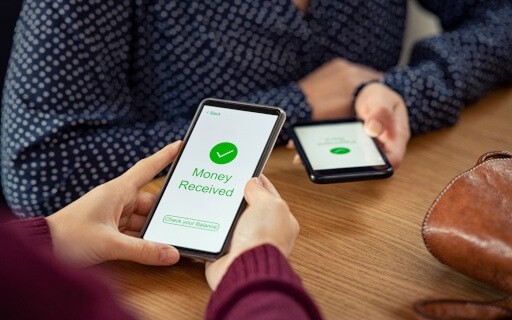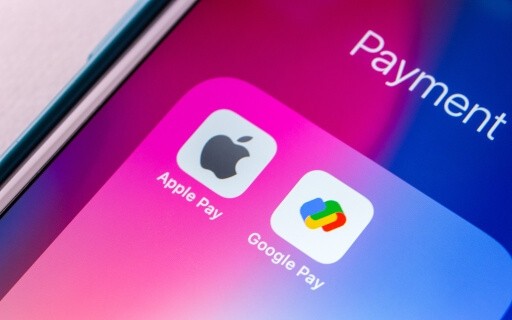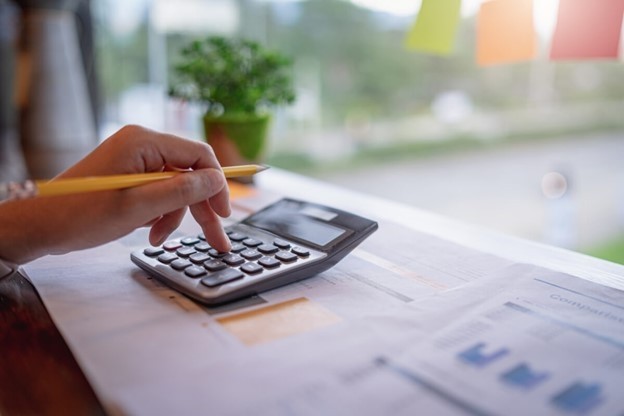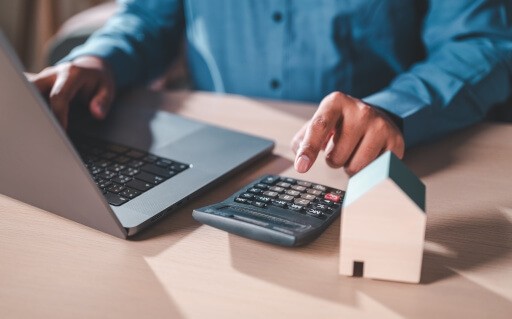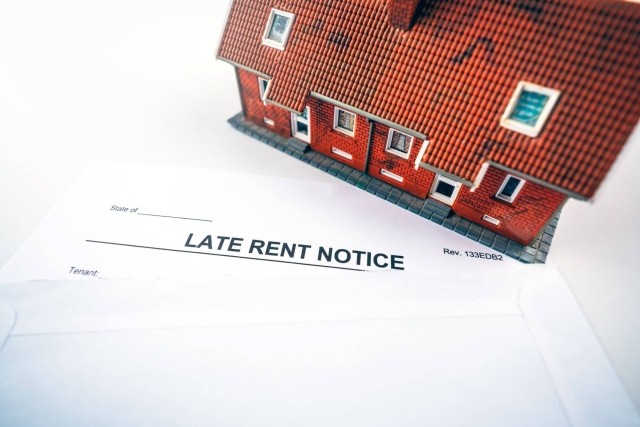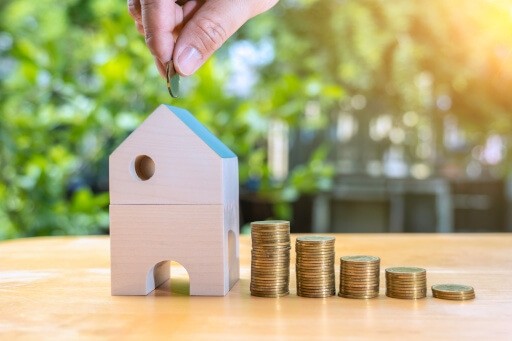
There’s no one-size-fits-all approach for handling utilities in your rental property. Generally, unless local laws specify otherwise, landlords have the flexibility to decide if tenants will hold utility accounts in their names. Some landlords prefer to keep utilities in their own name and have tenants reimburse them, while others split responsibilities for utility payments with their tenants.
However you choose to go about it, complications can arise when a tenant fails to pay their utility bills. Who’s on the hook for an outstanding utility balance, and how do you get it settled without taking a financial loss?
Landlord vs. Tenant: Who Is Responsible for Utilities?
In the United States, there’s no federal law dictating whether you or the tenant should be responsible for utilities. For single-unit properties, many landlords require tenants to register utilities under their own names. In properties with multiple units and in major cities like New York, landlords will often cover essential utilities like water, sewer, and sometimes heat, with costs included in rent. If you opt to include utilities in the rent, make sure you discuss it with your tenant and document it clearly in the lease agreement.
Whatever the case, the name on the utility bill is crucial in determining who’s responsible for unpaid bills. If a tenant’s name is on the utility bill, they are responsible for paying any outstanding balances. If your name is on the utility bill, you’re responsible for unpaid bills.
What to Do If Your Tenant Doesn’t Pay the Utility Bill
The first step to handling unpaid utilities is to not panic; the lease stipulations you have in place and the name on the utilities will easily lead you through the process. It’s worth noting that if your tenant’s name is on the bill, you will most likely not be held responsible for any outstanding bills.
Communicate with your tenant
Notify your tenant about the unpaid utility issue immediately, regardless of whether they currently live in the property or have moved out. Opening a dialogue can sometimes lead to an easy resolution, whether the bill was misplaced or the tenant is struggling financially.
Review the lease
Make sure you’re familiar with your lease agreement, particularly concerning utilities. It’s important to understand who is responsible for what and if there are clauses in your lease covering what will happen in the case of unpaid utilities. This will guide your steps moving forward.
Check your state laws
Familiarize yourself with your state’s laws regarding utility responsibilities and tenant rights. Avoid actions like shutting off utilities, which can lead to legal complications if executed improperly.
Consider legal action
If the utilities are in your name and the tenant owes you money, legal action might be necessary. Small claims court could be a viable option, though it’s worth noting that if a tenant cannot afford to pay you back, court orders may not resolve the issue.
Another course of action may be eviction. If your tenant doesn’t pay utility bills and is therefore in violation of the lease agreement, many states see this as probable cause for eviction.
What to Avoid If Your Tenant Doesn’t Pay Utilities
Dealing with an unpaid utility bill can be a stressful process, but avoid the following actions so you don’t make the situation worse.
Shutting off utilities
If utilities are in your name and the tenant still resides at the property, avoid shutting off utilities. Many states prohibit turning off utilities after a tenant has moved in due to the essential nature of these services, and doing so can result in serious legal ramifications. Instead, consider legal routes such as small claims court or eviction, and understand the associated costs and timeline.
Using your tenant’s security deposit
Even if the utility bill is under your name, refrain from immediately deducting the amount from the tenant’s security deposit. Check local laws first, as some states allow landlords to make deductions from the security deposit for unpaid utility bills, while others do not.
How to Prevent an Unpaid Utility Situation
No landlord wants a tenancy to end—or continue—with outstanding utility bills. Maybe this has happened to you before, or maybe you’re reading this article hoping to cover all the bases. Here are some tips to prevent a situation like this from happening in the future.
Clearly define utility responsibilities in leases
Your lease should clearly state whether you or the tenant is responsible for utilities, including whose name will be on the utility bills. If you’re providing utilities but they’re not included in the rent, specify how and when tenants should reimburse you.
Maintain open communication
Discuss utility responsibilities with tenants before they sign the lease to make sure that both you and your tenant understand your obligations to prevent misunderstandings.
Thoroughly screen tenants
To minimize the risk of renting to a tenant unable to pay utilities, make sure you screen your tenants thoroughly. Apartments.com partners with TransUnion to provide you with screening reports for an applicant’s rental, credit, and criminal history to make it easy for you to screen tenants and find a qualified renter quickly. If you need more information to decide, you can request supporting documents from potential tenants directly on our platform.
Understanding who is responsible for utility payments is a crucial part of property management, and clear lease agreements and open communication can prevent issues. If a tenant is not paying their bills, follow legal procedures to resolve the matter and avoid taking drastic measures like shutting off utilities. If you prioritize clarity and compliance with local laws, you can resolve the issue to keep your tenant living on the property or get your rental back on the market in no time.
This article was originally published on November 17, 2020.


